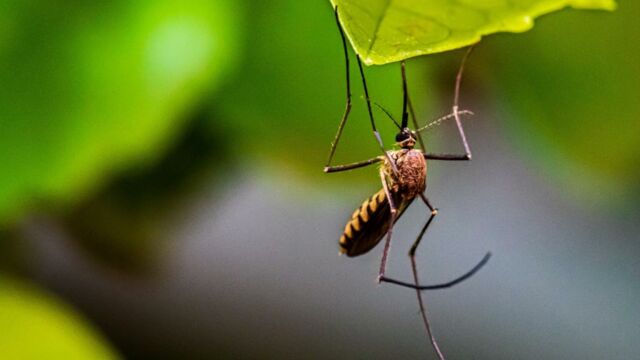Cases of West Nile virus (WNV) are soaring in Italy, with over 50 cases in the past week alone, a total of 144 cases, and a total of 10 deaths. What is the virus and should we be worried?
Discover our latest podcast
What is the West Nile virus?
WNV is a mosquito-borne disease indigenous to Africa, the Middle East, Asia, and Australia, which has recently spread to Europe and North America, as reported by Euronews.
According to the Centers for Disease Control and Prevention (CDC), WNV is most commonly spread to people via the bite of an infected mosquito. Cases of WNV occur during mosquito season, which begins in summer and continues through autumn.
What are the symptoms?
CDC states that most people (8 out of 10) infected with WNV do not develop any symptoms. Around 1 in 5 people develop the so-called West Nile fever with other symptoms such as headache, body aches, joint pains, vomiting, diarrhoea, or rash.
Around 1 in 150 people (less than 1%) develop a severe illness impacting the central nervous system like encephalitis (inflammation of the brain) or meningitis (inflammation of the membranes that surround the brain and spinal cord). And around 1 in 10 of these people die.
DON'T FORGET THE BUG SPRAY! Mosquitos test positive for #westnilevirus in Lubbock County. pic.twitter.com/C3iLHC4Sba
— Lauren Matter (@LaurenMatter) August 11, 2022
Can it be prevented and treated?
Unfortunately, there are no vaccines to prevent contracting WNV nor medications to treat it, as per the CDC. In severe cases, the only available treatment is supportive care in hospital.
The CDC recommends that you use insect repellent and wear long-sleeved shirts and long pants to prevent mosquito bites. You can also wear certain colours to deter mosquitos.
Try to stay in accommodation that has air-conditioning rather than opening windows. Alternatively, place a mosquito screen over the window or a mosquito net over the bed.
Should we be worried?
People aged 60 years old and over are at greater risk, with most victims in Italy being in their late 70s and 80s, as reported by Euronews. People with certain medical conditions, like cancer, diabetes, hypertension, kidney disease, and organtransplant recipients, are also at greater risk, according to the CDC.
While WNV is the leading cause of mosquito-borne diseases in the United States, according to the NHS, UK travellersrarely contract the virus and no one has contracted the virus while in the UK.
Read more:
⋙ New fatal virus hits China: Here's all you need to know about the Langya virus
⋙ Marburg virus: What is the deadly infectious disease and should we be worried?
⋙ New virus discovered in rodents in Europe, should we be worried?















